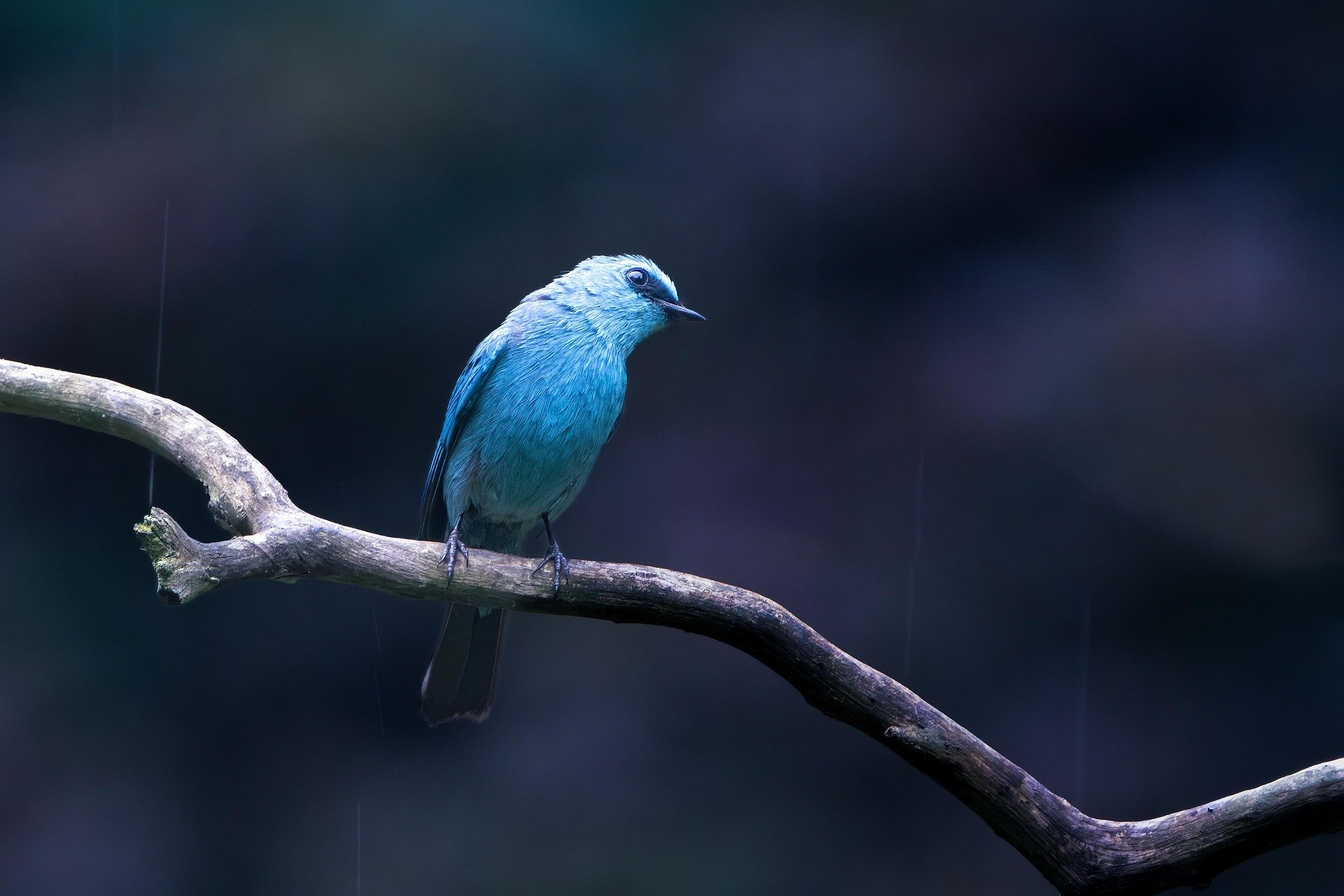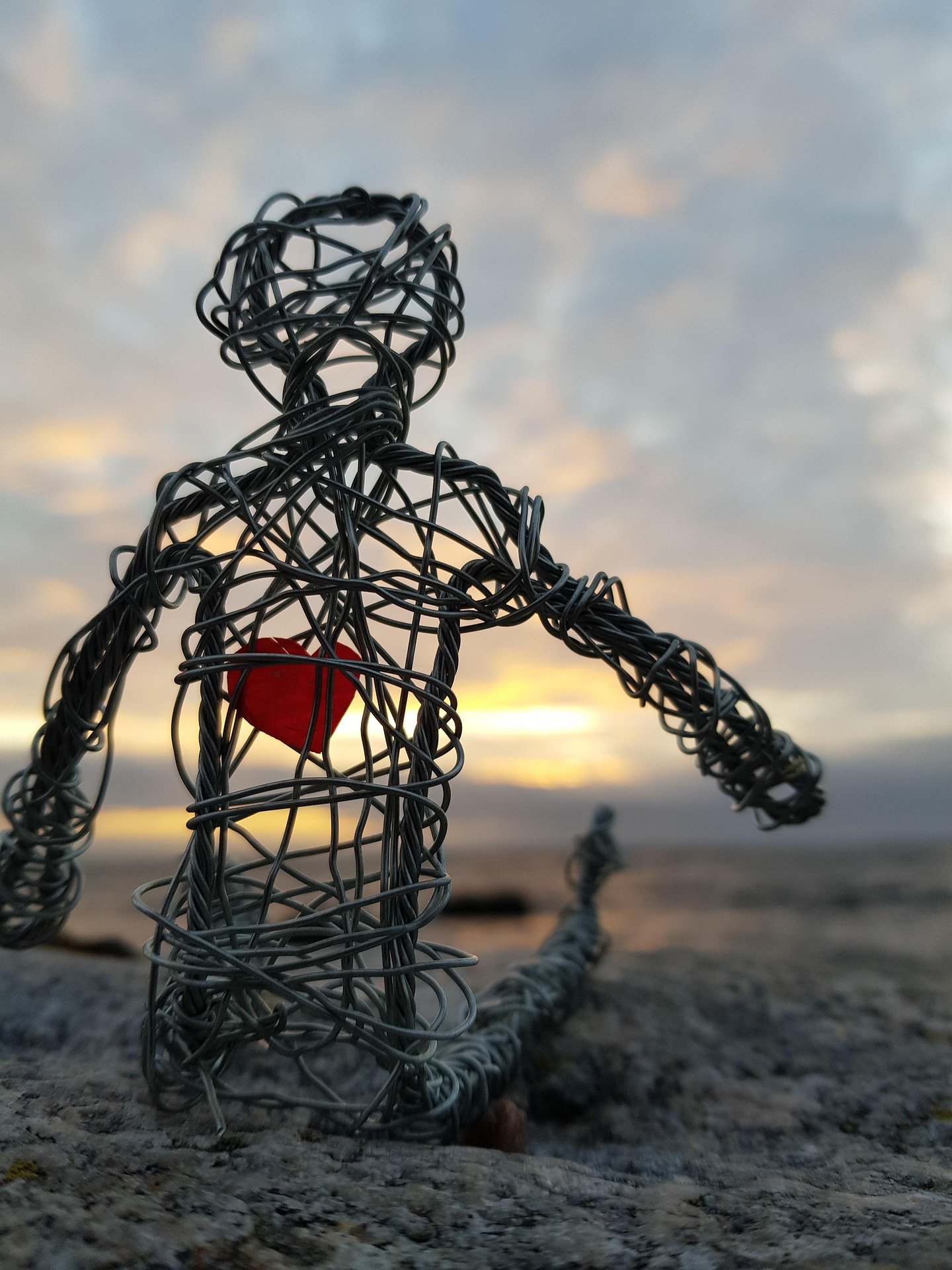Reimagining our relationship with (the rest of) Nature – metaphors matter
Reimagining our relationship with (the rest of) Nature – metaphors matter.
Recently, I’ve been working on an exciting project exploring how imagination and metaphors influence our relationship with (the rest of) nature. The stories we live by—often unconsciously—can have profound effects on our behaviours, policies and even what we think is possible. Understanding these metaphors allows us to consciously reshape them—and with them, our actions. By shifting dominant narratives, we can move from extractive to regenerative mindsets, design more inclusive and empathetic environmental policies and encourage behaviours that align with long-term ‘planetary health’. In short, by changing our metaphors/narratives, we may be able to change our future.
"Metaphors are not just linguistic flourishes" (as Lakoff and Johnson, 1980 say) — they are fundamental to how we think, act and understand the world.
Metaphors like ‘Nature as a machine’ suggest the Earth is predictable, controllable and fixable—leading to engineering-heavy solutions and sometimes, harmful reductionism. ‘Nature as an ‘other’ or ‘wilderness’ frames it as something separate from humans, pristine and remote. This can inspire conservation/restoration, but we should also be careful here, as it often ignores urban ecologies and traditional community practices/views.
Then there’s ‘Nature as a resource or bank’—a metaphor that dominates economics and environmental disciplines. Think about ‘ecosystem services’, ‘harvested’ or ‘natural capital’. While it helps quantify value, it risks commodifying life itself.
We also hear metaphors of battle: the war on invasive species, fighting climate change. These can sometimes galvanise action, but they also encourage conflict-oriented thinking. Other metaphors are more empathetic, like ‘Nature as patient’ or ‘Mother Earth’, which evoke healing and care—which is far preferable (imo), though they can simplify complex systems.
Our role matters: are humans masters, with dominion? Or stewards, caretakers within a web of life? These reflect contrasting anthropocentric vs. caretaking roles… Not sure I’m completely comfortable with ‘stewardship’ either, though. It can be more sustainable, but it still implies a degree of hierarchy and control.
The metaphors we use reflect reality—but they also shape it. What story are you living by?
Check out Lakoff and Johnson’s classic book Metaphors We Live By for the fundamentals, and watch this space for some new concepts, research and (hopefully) transformative tools… coming soon!
For more on this interconnected thinking, check out my books: www.jakemrobinson.com/books
Thanks!
Check my other blog posts: www.jakemrobinson.com/blog


